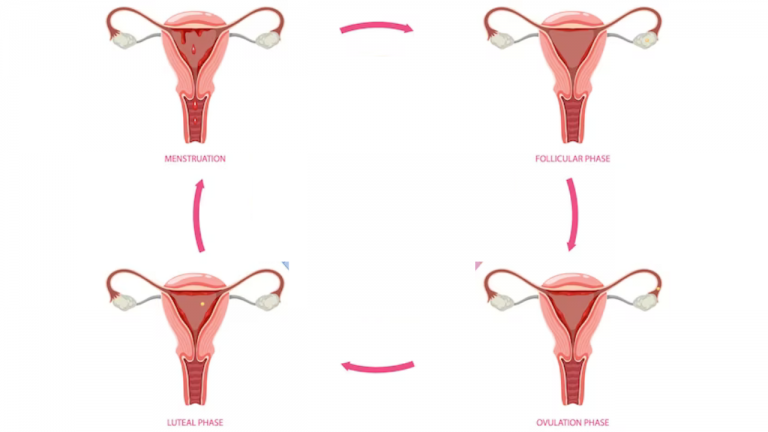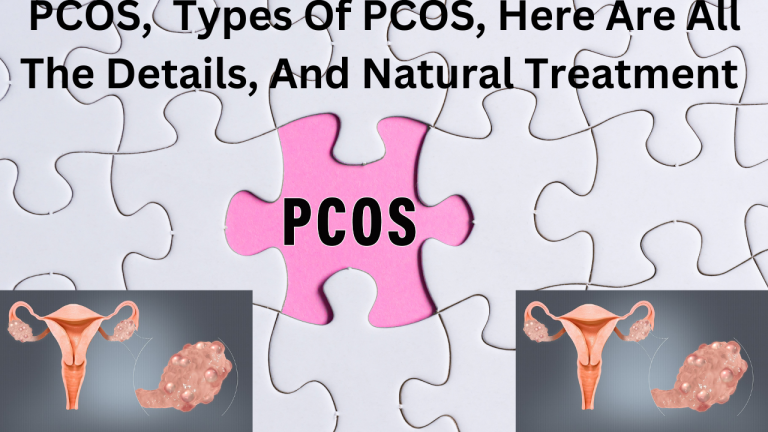What is Menstruation

Menstruation, commonly known as “a period,” is a natural and regular process that occurs in the female reproductive system. It involves the shedding of the uterine lining (endometrium) along with blood and tissue from the uterus through the vaginal canal. Menstruation is a key component of the menstrual cycle and is a sign that a woman’s reproductive system is functioning normally. Here are some key points about menstruation:
Frequency: Menstruation typically occurs approximately once every 28 days, although it can vary from woman to woman. Some women have shorter or longer menstrual cycles.
Initiation: The menstrual cycle begins with the onset of menstruation. The first day of menstrual bleeding is considered Day 1 of the menstrual cycle.
Hormonal Regulation: The menstrual cycle is regulated by hormones, primarily estrogen and progesterone. These hormones are produced by the ovaries and play a crucial role in preparing the uterus for potential pregnancy.
Purpose: The primary purpose of menstruation is to prepare the uterus for pregnancy. If an egg is fertilized by sperm during the menstrual cycle and successfully implants in the uterine lining, pregnancy can occur. If fertilization does not occur, the uterine lining is shed during menstruation.
Duration: Menstruation typically lasts for 3 to 7 days, although it can vary among individuals. The amount of blood lost during menstruation also varies but is usually around 2 to 3 tablespoons (30-40 milliliters).
Symptoms: Many women experience a range of symptoms during menstruation, including abdominal cramps (known as menstrual cramps or dysmenorrhea), bloating, breast tenderness, mood swings, and fatigue.
Hygiene: Proper hygiene practices, such as using sanitary pads, tampons, menstrual cups, or period underwear, are essential during menstruation to manage menstrual flow and prevent discomfort and odor.
Menarche: Menstruation typically begins in girls during puberty, a milestone known as menarche. The age at which menarche occurs varies, but it usually starts between the ages of 9 and 16.
Menopause: Menstruation ceases during menopause, typically occurring around the age of 45 to 55. Menopause marks the end of a woman’s reproductive years.
Menstrual Disorders: Some women may experience irregular or painful menstruation, which can be indicative of underlying medical conditions like polycystic ovary syndrome (PCOS) or endometriosis. These conditions may require medical evaluation and treatment.
In summary, menstruation is a normal and essential aspect of the female reproductive system. It serves as a monthly process for preparing the body for potential pregnancy and is a key part of the menstrual cycle. While it can be associated with discomfort and symptoms in some women, it is a natural and healthy process.



